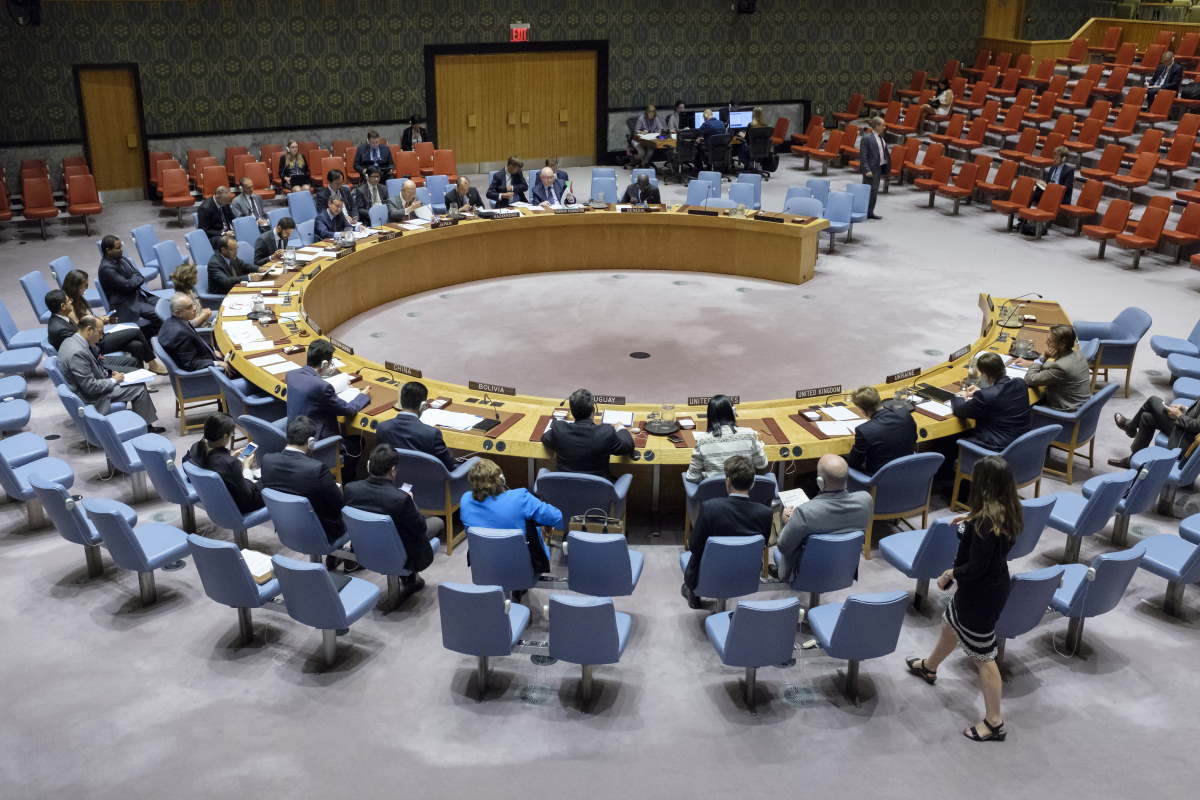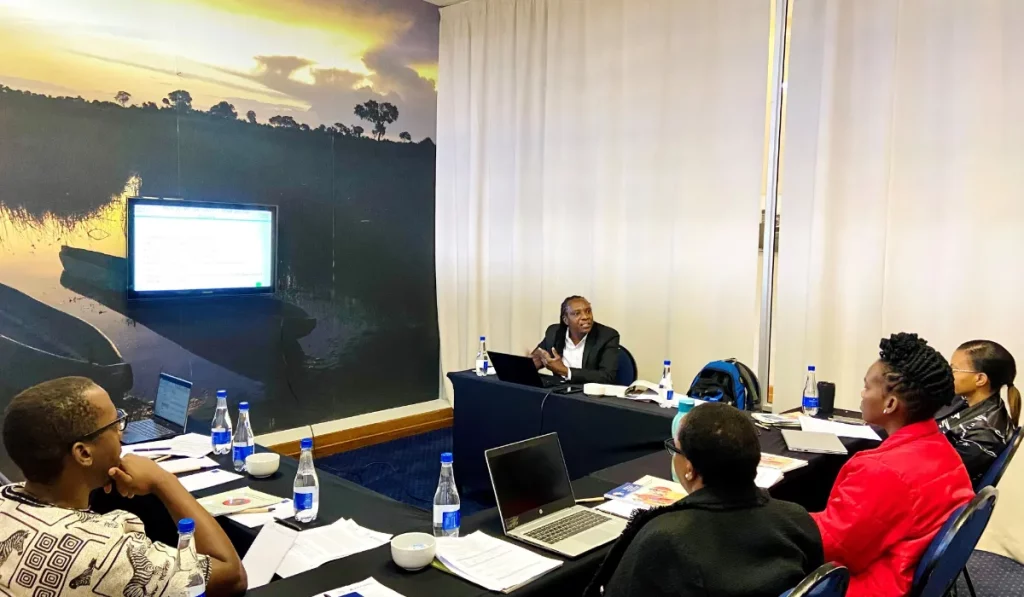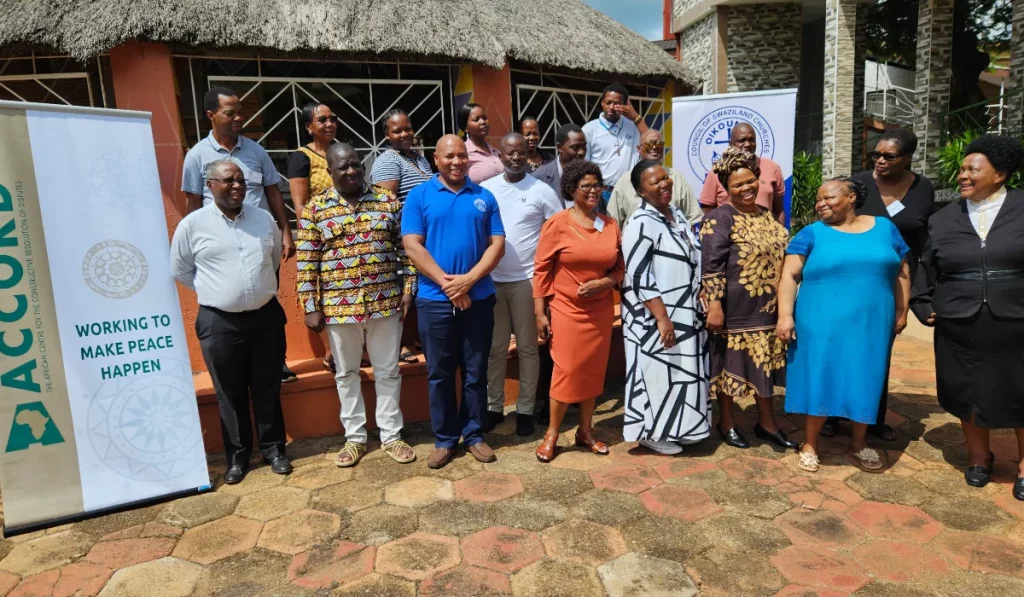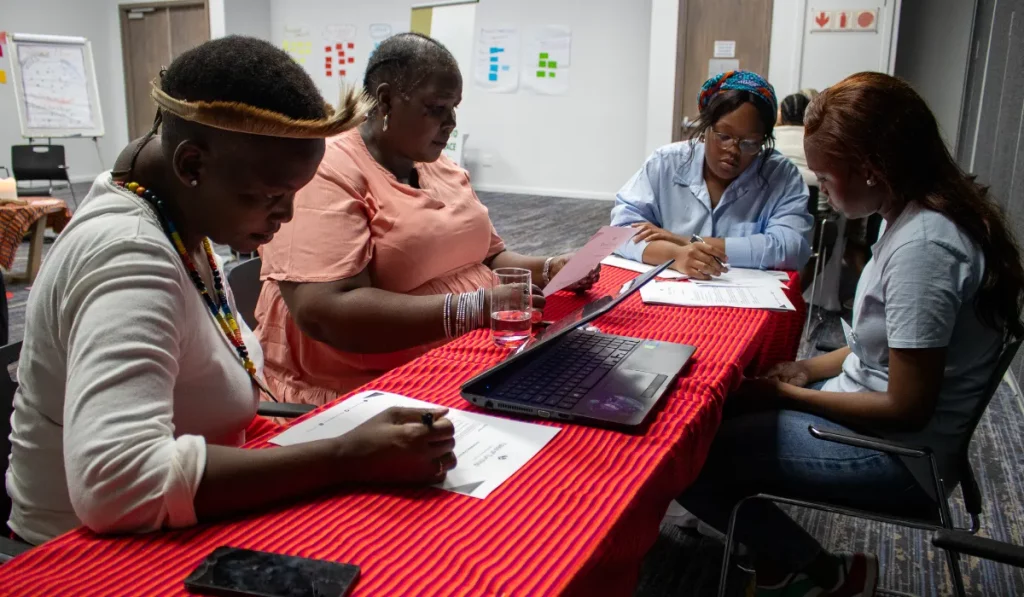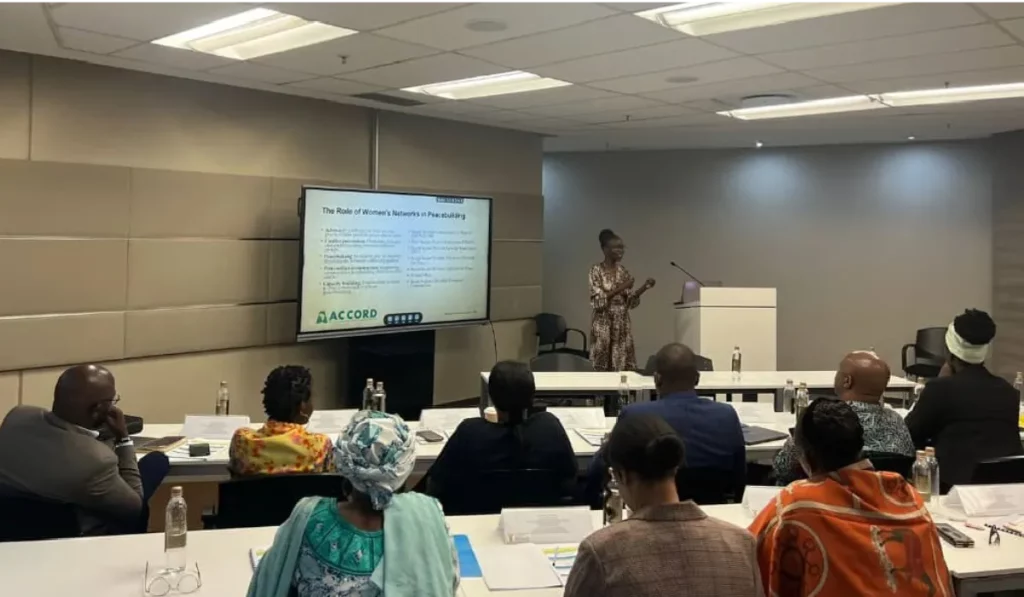24 April 2020, marked the 2nd International Day of Multilateralism and Diplomacy for Peace, affirming the principle of resolving disputes among countries through peaceful means. Additionally, it is an opportunity to acknowledge the mechanisms that underpin the gains and responses of international peace and security, development, and human rights efforts.
Today’s challenges, such as climate change, geopolitical tensions, migration and humanitarian crises, among others, are cross-cutting and transcend borders. Stronger international cooperation is needed to tackle these challenges. Multilateralism day holds even greater significance, this year, in the context of the COVID-19 pandemic. To underscore this point, the United Nations (UN) Secretary General, António Guterres has expressed that the outbreak of COVID-19 “… is a tragic reminder of how deeply connected we are…” calling the virus “…a quintessential global challenge.”
Being cited as the worst international crisis since the Second World War, the responses by Governments to COVID-19 is revealing why nations embraced multilateralism 75 years ago to form the UN. Today, more than ever our global common values and solidarity are vital to confront common threats and seize common opportunities.
For the African Union (AU), its partnership with the UN and other inter-governmental institutions has been strengthened through shared responsibility in having to deal with the multitude of socio-economic and political challenges that the Continent faces. During the pandemic, and in its aftermath, multilateral cooperation and diplomacy, as embodied by the AU, will be essential for its recovery.
Africa’s response will also be shaped by its interdependence and cooperation among its Member States and regional communities which have already been working towards greater economic integration, socio-economic development and the consolidation of peace and security. These very mechanisms have been relied upon in the implementation of the Africa Joint Continental Strategy for COVID-19 OUTBREAK. Specifically, this Strategy will build on existing structures on the Continent to coordinate efforts of Member States, AU agencies, the World Health Organization, and other partners to ensure synergy and minimize duplication of initiative; and promote evidence-based public health practice for surveillance, prevention, diagnosis, treatment, and control of COVID-19.
While the pandemic is placing extreme strain on even the most well-resourced health systems; for Africa, COVID-19 could be a “national security crisis first, an economic crisis second and a health crisis third.” The Continent will require all efforts to ensure that its progress is not lost. Strengthened and inclusive coordination is needed among all multilateral and regional stakeholders. On this International Day of Multilateralism and Diplomacy for Peace, celebrated amidst the COVID-19 pandemic, it is now more necessary than ever to embrace collective action to ensure lessons are shared and investments are mobilised to build peaceful and resilient societies.

